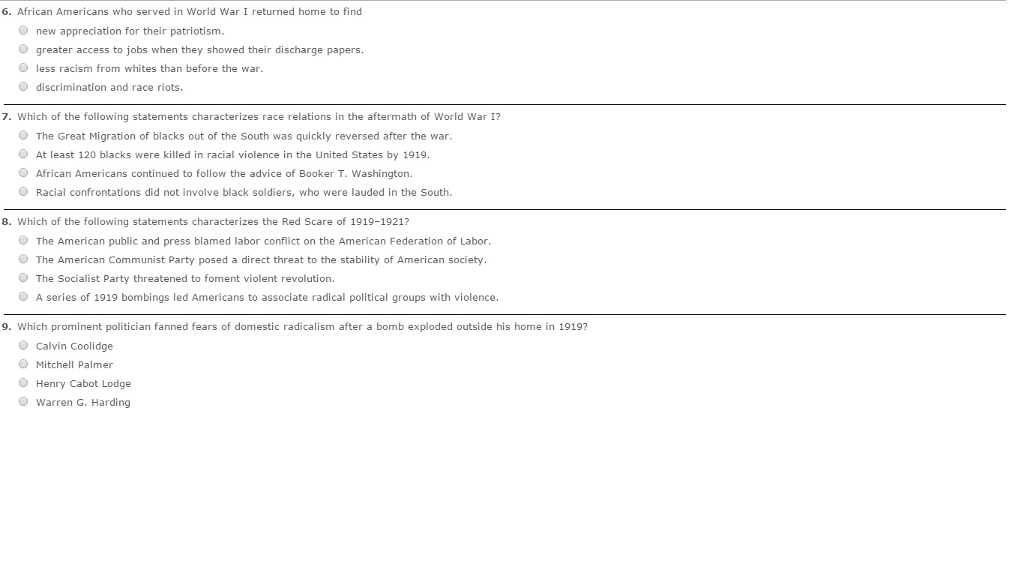
Security Council, a group of 15 countries at the U.N. International Criminal Tribunal for the former Yugoslavia, for example, helped punish war criminals who committed mass atrocities during the Bosnian war in the 1990s. If a warring party is accused of violating international humanitarian law - whether by an individual, group, country or observer - countries are obligated to investigate. They're also used in domestic and international courts to determine if a government or non-governmental militant group is guilty of a war crime. In 2014, for example, the rules helped guarantee safe passage for civilians in South Sudan to flee violence. They protect people who are not fighting in the conflict and curb the brutality of war by setting limits on the weapons and tactics that can be employed. Since then, the rules of war have been ratified by 196 states. They're now collectively known as the Geneva Conventions of 1949 and contain the most important rules of war. In 1949, after the horrors of World War II, diplomats gathered again in Geneva to adopt four treaties that reaffirmed and updated the previous treaties and expanded the rules to protect civilians.
.jpg)
Over the next 85 years, diplomats debated and adopted additional amendments and treaties to address the treatment of combatants at sea and prisoners of war - not just combatants on battlefields. In 1864, he helped establish the first Geneva Convention, an international treaty that required armies to care for the sick and wounded on the battlefield. History of the rules of warĪlthough our modern rules of war can be traced back to ancient civilizations and religions, it was Henri Dunant, the founder of the Red Cross, who began the process of codifying these customs into international humanitarian law. "It has become glaringly obvious that respect for international humanitarian law is in decline," says Scott Paul, the humanitarian policy lead of Oxfam America, a global aid agency.

Representatives of aid groups say there is a growing disregard for these rules in conflict zones around the world. They aim to protect people who are not fighting in the conflict and curb the brutality of war by setting limits on the weapons and tactics that can be employed.

They dictate what can and cannot be done during armed conflict. The rules of war are part of the Geneva Convention and they first were established in the 19th century.


 0 kommentar(er)
0 kommentar(er)
